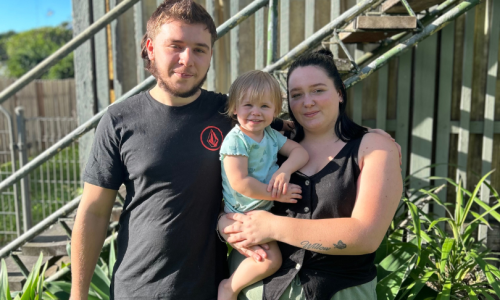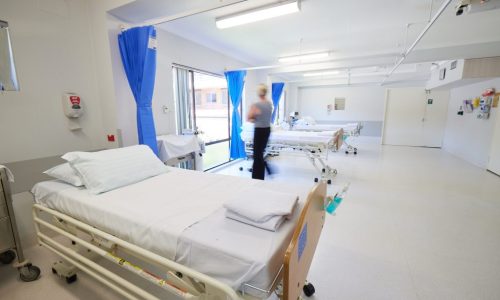Want to know the latest news as it happens? Remain up-to-date with news from our recent events, programs, activities and milestones.
News direct to you
Sign up today and be amongst the first to know about the work we do.
We need your support
We’re committed to doing all the good we can but we can’t do it without your support.











